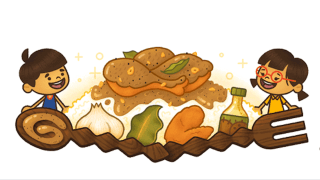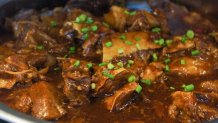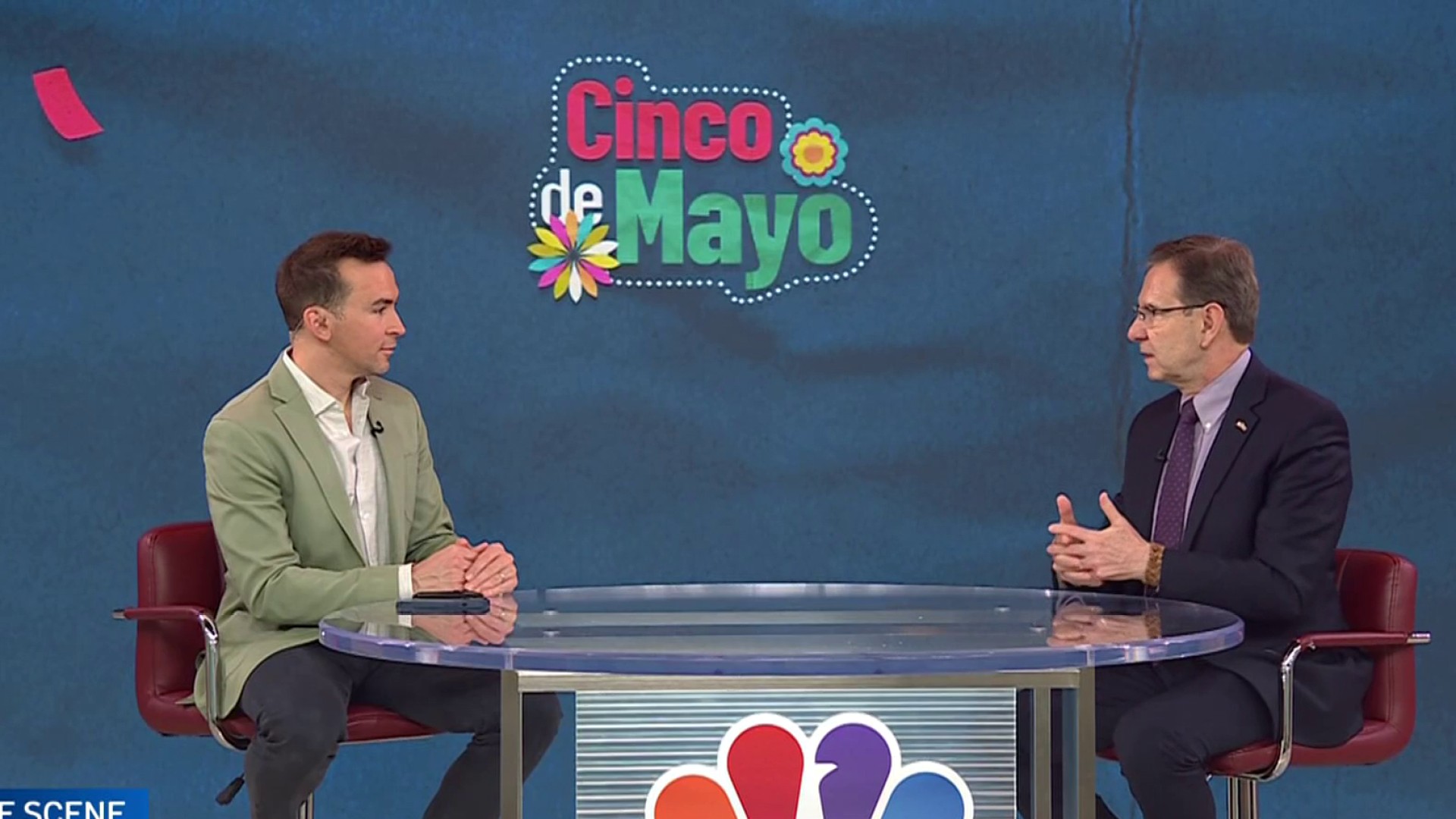
Google Doodle is celebrating the "tender, juicy and soulful" adobo, a popular Filipino dish and the first food from the country to be featured on the platform.
Wednesday's Doodle marks the 16th anniversary of adobo's inclusion in the Oxford English Dictionary’s quarterly word list update.
While there are many kinds of adobo in the Philippines, they all share the basic elements of marinated meat or vegetables braised into a stew. Common ingredients for adobo are vinegar, soy sauce, garlic, bay leaves and black pepper. Regional variations make their adobo sweet, sour or salty.

We're making it easier for you to find stories that matter with our new newsletter — The 4Front. Sign up here and get news that is important for you to your inbox.
Locals in Visayas are known for the "adobong puti" (white adobo), considered by some to be the original indigenous style, which uses vinegar instead of soy sauce. In the northern part of the country, where coconut milk is a food staple, creamier adobo recipes like "adobong manok sa gata" (chicken adobo with coconut milk) are extremely popular. In other regions, some substitute meat with seafood like squid, or locally available vegetables like "kangkong" (water spinach) or "sitaw" (string beans).
The dish has evolved over the centuries and has spread worldwide. In a blog post, Google Doodle called adobo "a symbol and expression of Filipino pride that varies from region to region, family to family, palate to palate."
The animated Doodle was illustrated by Anthony Irwin, the child of Filipino immigrants in the U.S. Irwin recalled his childhood inner struggles of the comfort he felt eating his ethnic food while also yearning to fit in.
The Scene
The most fun things to do and places to be in D.C., Maryland and Virginia
"For children of immigrants, our relationship with our parents' food is a complex one. On one hand, my mother's cooking made me feel like I was exactly where I was supposed to be," Irwin said. "It felt special and safe and warm. But on the other hand, most kids just want to fit in. Growing up in the U.S., I didn't want my food to be special. I didn't want to feel different. I just wanted to be like everyone else."
He continued, "Now as an adult, I get to find all of these opportunities to be proud in ways childhood didn't let me feel proud. I can claim Filipino food as a part of my culture and celebrate the connection it creates between my mother's identity and my own."
Try this chicken adobo and crispy banana fritters recipe from TODAY.com.



